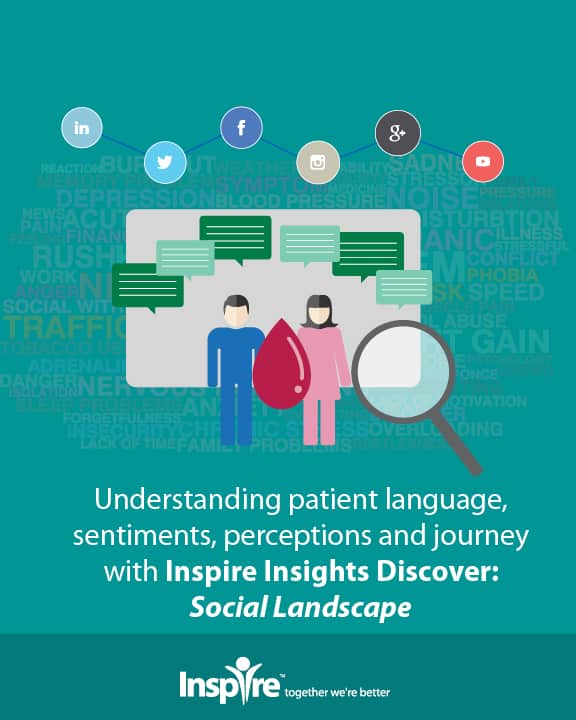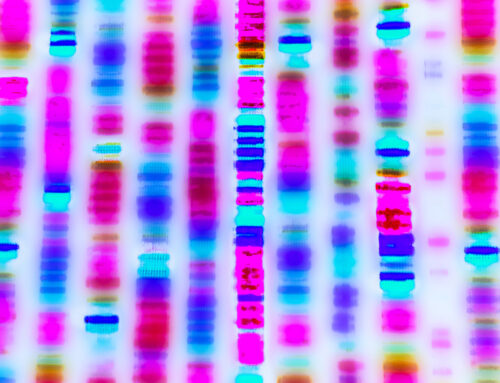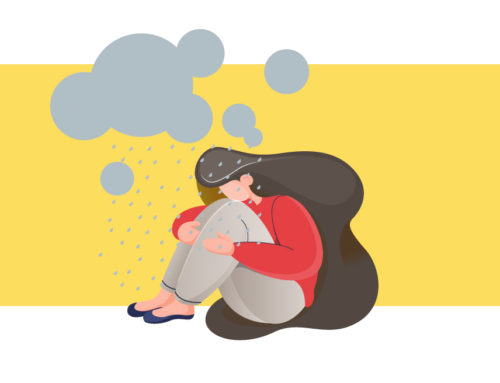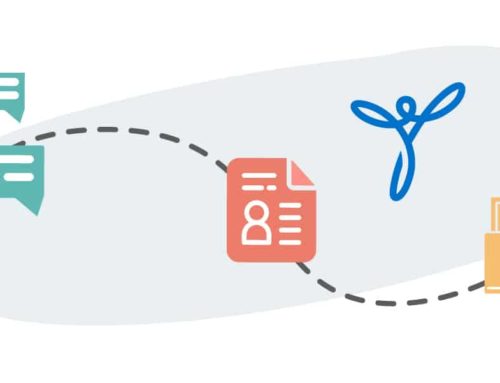Social Listening to Understand the Unmet Needs of Patients
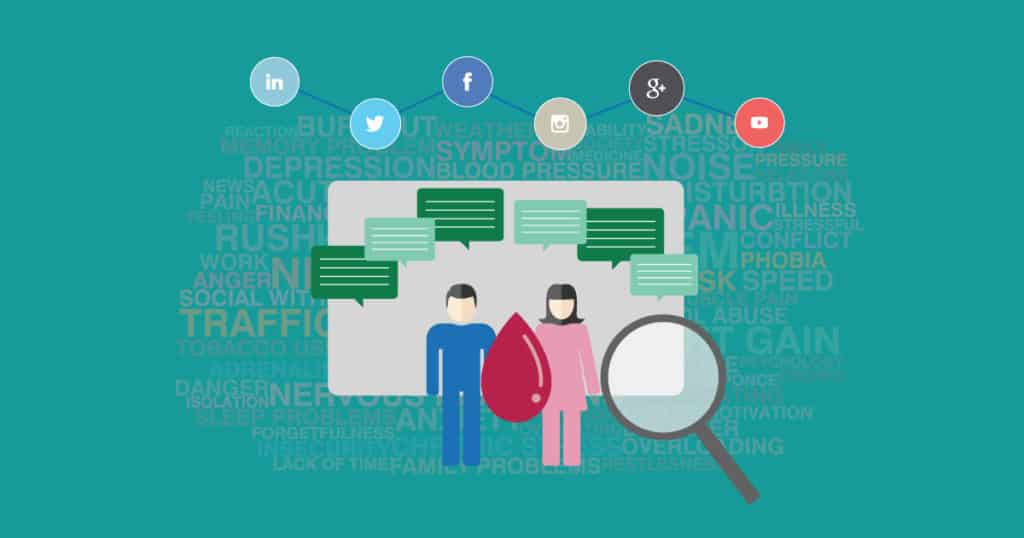
By Marina Shayevich and Sara Ray
Across healthcare, patients lament the imperfection of pharmaceutical treatment. Although grateful to have life saving and life improving medications, patients are often met with frustration at the limitations of their medications. Nowhere is that more evident than in rare diseases, where the rarity of the illness may lead to a scarcity of available, approved pharmaceutical treatment options. Many patients are left to turn to off-label medication use in the effort to get the best solution possible. Even then, these treatments do not always offer a “cure.” Patients may not be able to fully resolve symptoms, and they may be saddled with additional side effects or complications that often make medications more trouble than they’re worth.
Not willing to accept this, and wanting to take control of their health and care, many patients turn to changes in lifestyle and diet, as well as incorporating “alternative” therapies such as acupuncture or dietary supplements as helping to fill the gaps of their pharmaceutical treatments. They actively promote that there is no one-size-fits all solution, and that taking a holistic approach that blends diet and lifestyle change and pharmaceutical treatment can offer a tailored treatment plan that can yield the best results.
Recently, Inspire conducted social listening research to learn more about patients living with a rare immune disorder. In our research we found that patients focused on a holistic treatment plan with dietary changes, restrictions, and dietary supplements as part of that plan. Their real-world online communications indicated that they value taking control of their health. Patients considered both pharmaceutical medications and dietary specifications, including supplements, as integral to their treatment journey.
Despite this, many indicated they were receiving little or no counsel from their physician. Many of their online discussions were motivated by a lack of discussion about lifestyle and diet with their physicians, leading them to explore other options on their own.
A member of a rare disease community on Inspire asked,
“all of the alternative remedies that people recommend in this forum have never been mentioned by [the doctor] to my dad. do you all find out about these alternative treatments through your doctors or through online research? do any of your doctors believe in or support alternative remedies?”
This sentiment points to a communication gap between physicians and patients that could have dangerous implications. For example, a subset of patients from our social listening study mentioned using curcumin, a naturally occurring chemical in the spice turmeric, to improve their condition. Yet turmeric has been shown to have detrimental side effects for patients with this rare condition.1
Many people do not realize that dietary supplements are regulated as food. The Dietary Supplement Health and Education Act, passed in 1994, allows these products to be sold without testing for safety or effectiveness and without information on adverse effects or packaging that is child-resistant.2 Doctors are not having conversations with their patients about supplements as part of their treatment plan and many can be left in the dark about potential adverse events or even potential positive outcomes. Most patients actively say that supplements are not the sole answer, but may be one piece of a better solution, and they are willing to try anything.
Another member of the rare disease community has said,
“IMHO, when you are ill, ANYTHING that will make you feel better is worth a try as long as it does no harm. Not every “cure” will work for an individual because we are individuals.”
Overall, many patients with rare disease place high value on a holistic approach to their care, and notice the biggest improvement in their symptoms when incorporating lifestyle changes, diet adjustments, and even supplements alongside their pharmaceutical regimens. While patients receive information on the clinical side of their treatment plans, they often lack counsel about how other supplements may affect their disease, leaving them to use trial and error and crowd-sourced knowledge on the Internet to direct their efforts.
An Inspire case study, “Understanding patient language, sentiments, perceptions and journey with Inspire Insights Discover: Social Landscape,” elucidates and further expands on this and other findings.
Inspire offers a trusted community to patients and caregivers. Our goal with this blog, this website and our content is to provide the life science industry access to the true, authentic patient voice. In so doing, we support faithful operationalization of patient-centricity. Take a look at our case studies, eBooks and news outlet coverage.
References:
1DOI: https://doi.org/10.1016/j.jpeds.2018.05.022
2https://ods.od.nih.gov/About/DSHEA_Wording.aspx

